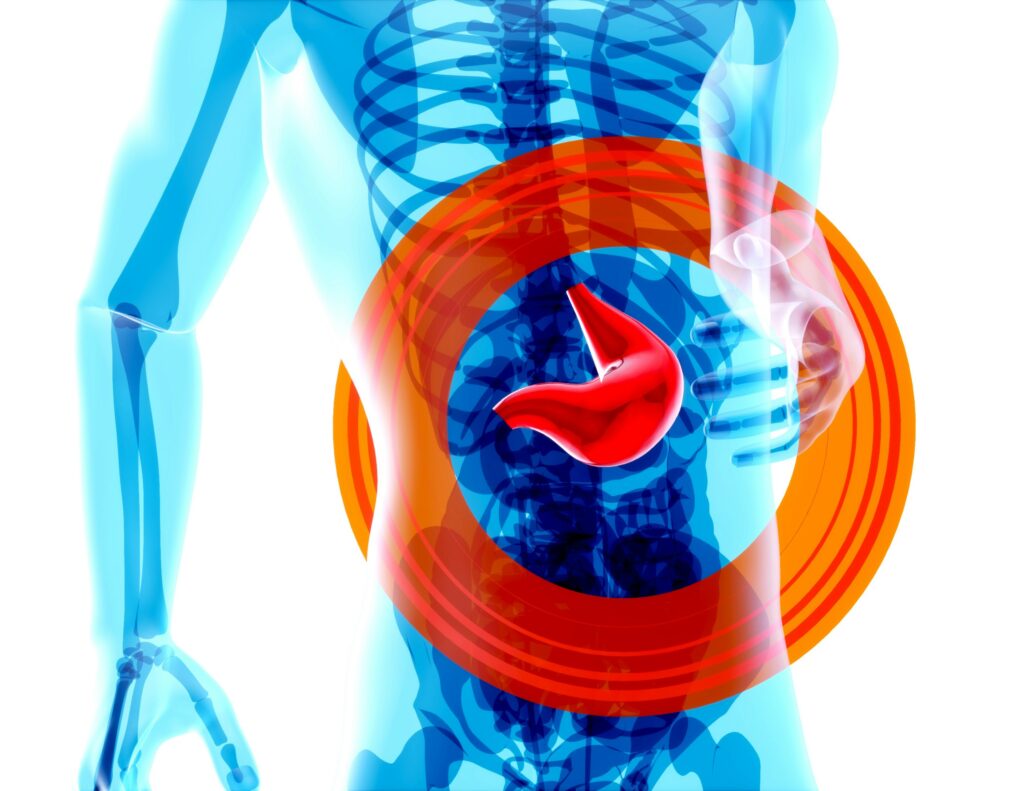Oxford researchers have been awarded funding to conduct a study comparing a new type of MRI (Magnetic resonance imaging) to standard of care ultrasound for liver cancer surveillance in people with cirrhosis.

The University of Oxford’s DeLIVER team, which is investigating early detection methods for Hepatocellular Liver Cancer, and colleagues from the Universities of Nottingham, Bournemouth and Glasgow Caledonian were awarded £2.2m to evaluate non-contrast-enhanced MRI and compare it to standard of care ultrasound.
This AMULET clinical study is funded by the Efficacy and Mechanism Evaluation (EME) Programme, a partnership between the National Institute for Health and Care Research (NIHR) and the Medical Research Council (MRC)
The AMULET study chief investigator is Dr Michael Pavlides, head of liver imaging at the Oxford Centre for Clinical Magnetic Resonance Research (OCMR) and a key researcher in the NIHR Oxford Biomedical Research Centre’s Imaging and Cancer Themes.
Liver cancer incidence is increasing and, according to Cancer Research UK, by 2038-2040 there could be around 9,700 new diagnoses of liver cancer every year. Most cases of liver cancer arise in people with liver cirrhosis.
Therefore, people with cirrhosis undergo regular surveillance by ultrasound with the aim of detecting liver cancer earlier. The earlier that liver cancer is detected, the more likely that treatment will be successful. However, liver ultrasound has poor sensitivity in some patients, meaning that early liver cancers can be missed.
MRI is not routinely used for liver cancer surveillance. A normal clinical liver MRI scan uses an injected dye (contrast), but this technique may not be ideal for surveillance because it is more invasive for patients, adds time and cost, and the dye can accumulate in the brain with repeated doses.
The study team is developing a shorter non-contrast-enhanced MRI protocol, as an alternative to ultrasound and contrast-enhanced MRI, with the aim of using it for more sensitive surveillance.
The new EME funding for AMULET will allow the evaluation of non-contrast-enhanced MRI in a prospective cohort of 300 patients with liver cirrhosis recruited as part of the DeLIVER programme (funded by Cancer Research UK). In addition to determining the feasibility and diagnostic accuracy of this new technology compared to ultrasound, this study may shed light on the biology of how liver cirrhosis transforms to liver cancer. This may inform future early detection and prevention strategies.